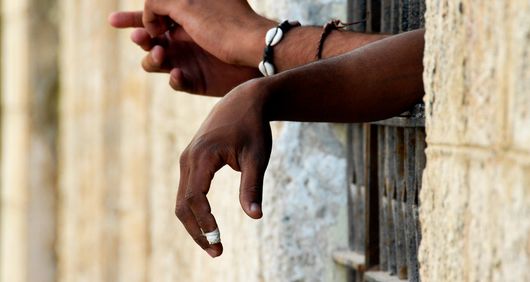Opposition leader detained

Cuban authorities detained the leader of the unofficial political opposition group, Jose Daniel Ferrer Garcia, on 1 October 2019. He was held incommunicado for 72 hours and remains imprisoned without charges. Ferrer Garcia should be immediately informed of the charges against him, or released otherwise. He should also be given access to lawyers of his choosing, as well as access to his family and medical care.
Who is José Daniel Ferrer García?
José Daniel Ferrer García is the leader of Cuba’s unofficial political opposition group, Unión Patriótica de Cuba – UNPACU, or “Patriotic Union of Cuba”, and one of the most critical political voices in the state.
According to his wife, on the morning of 1 October, law enforcement officials detained Ferrer García in his house in Santiago de Cuba. The reason for his arrest is still unknown.
Furthermore, according to his wife, authorities did not provide Ferrer García with access to his family or a phone call until 72 hours after his detention. People held in custody are entitled to notify a third person that they have been arrested or detained and where they are held. Detention without access to the outside world – incommunicado detention – facilitates torture or other ill-treatment and enforced disappearance.
Currently, Ferrer García is held in detention in Santiago de Cuba. According to his wife, his health is delicate, however, authorities have denied him medical assistance and prevented him from receiving medication from his family.
Cuban authorities have imprisoned, harassed and intimidated Ferrer García for more than a decade due to his political activism. Amnesty International previously declared Ferrer García a prisoner of conscience, along with 74 others, who were imprisoned in 2003 solely for the peaceful expression of their opinions.
In 2018, Ferrer García was held incommunicado for 10 days.
Under international human rights standards, anyone who is arrested or detained must be informed of the reasons why they are being deprived of their liberty at the time of their arrest. International standards also require that individuals are brought before a judge promptly after arrest or detention.
However, based on the information available to Amnesty International, as of 7 October the authorities had not formally informed Ferrer García of the grounds for his detention nor had they brought him before a court. As such, his detention may be arbitrary.
Photo (c) John Woodworth
- Downloads
- Download UA in PDF
- Download UA in Word